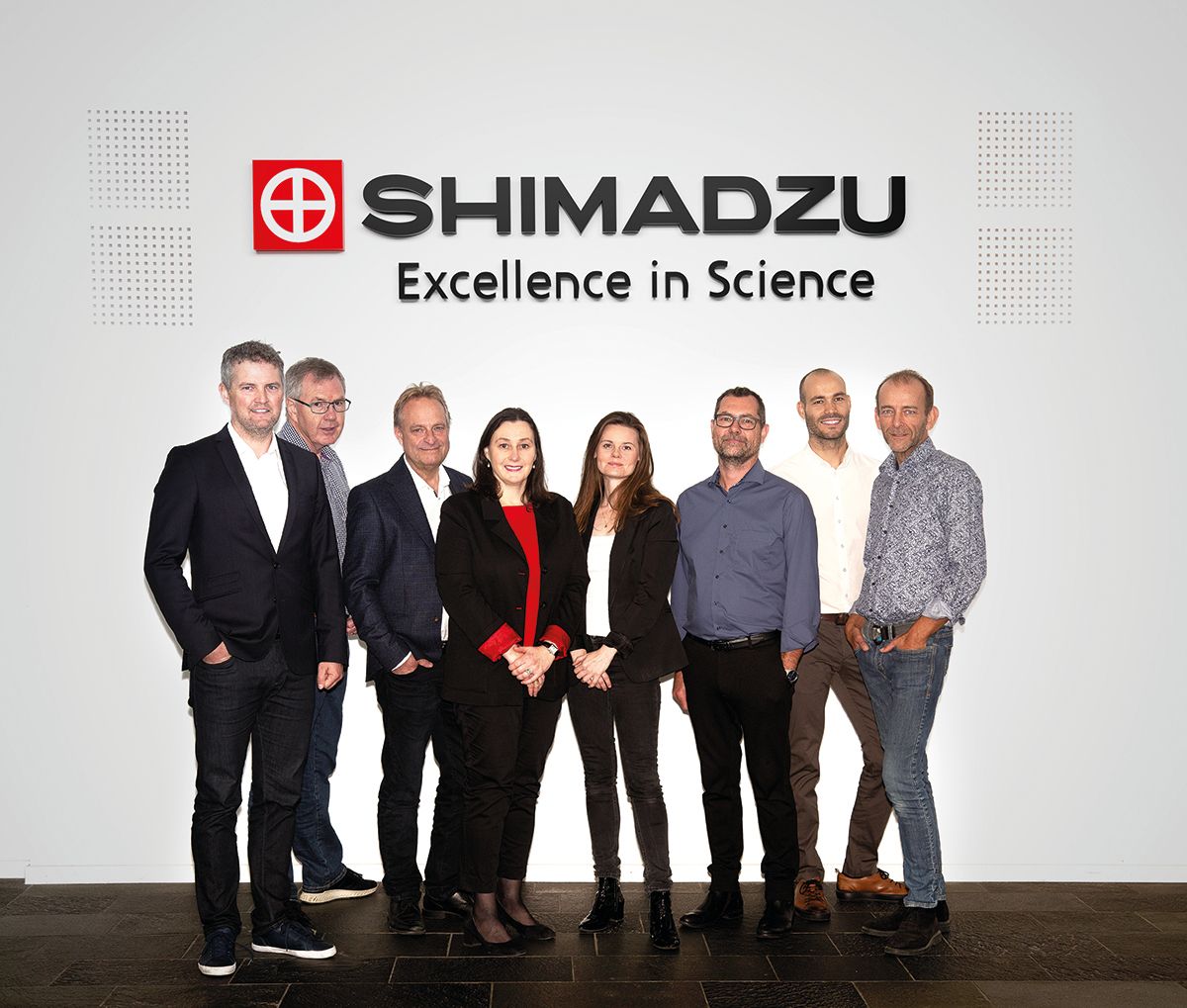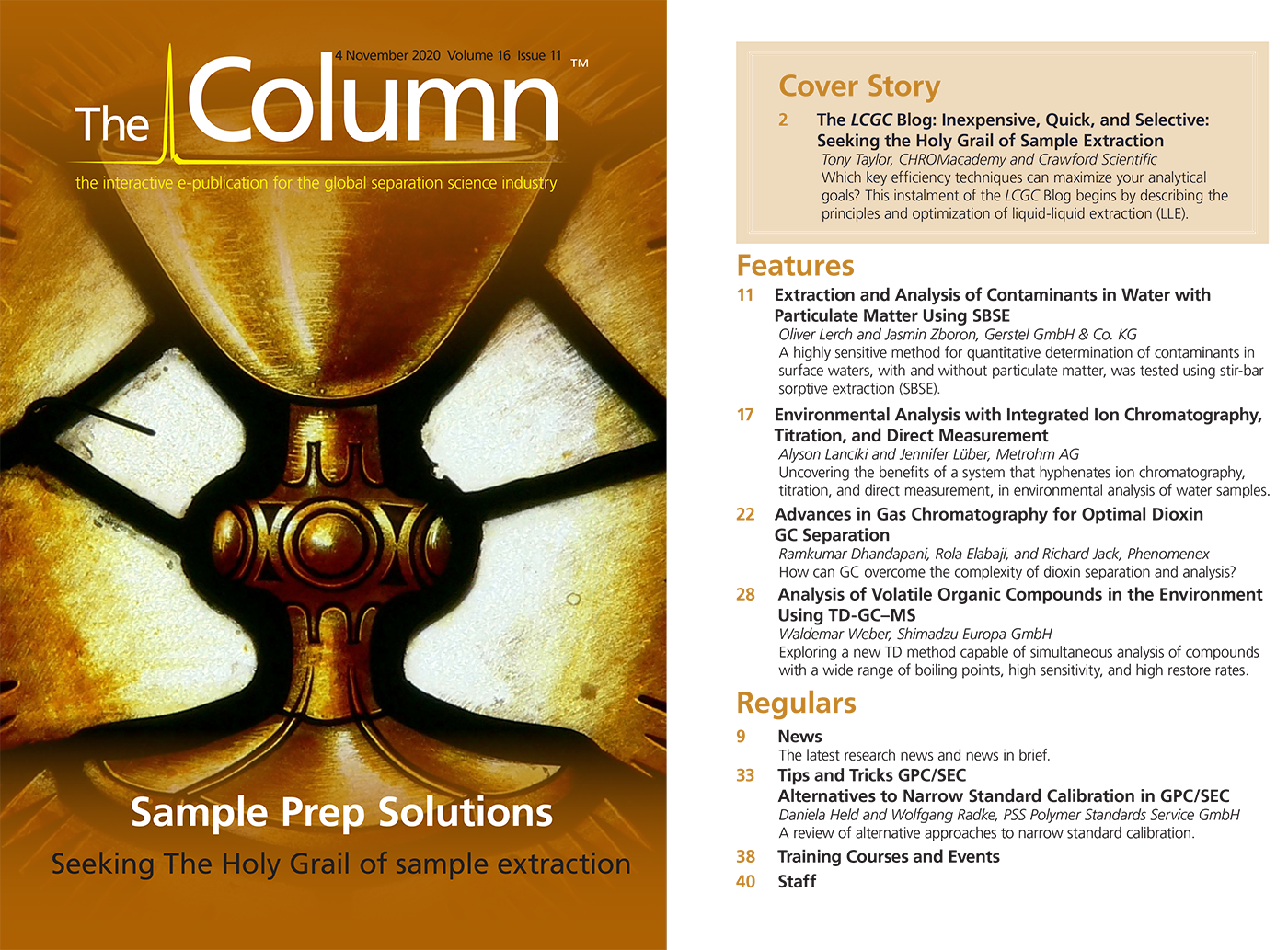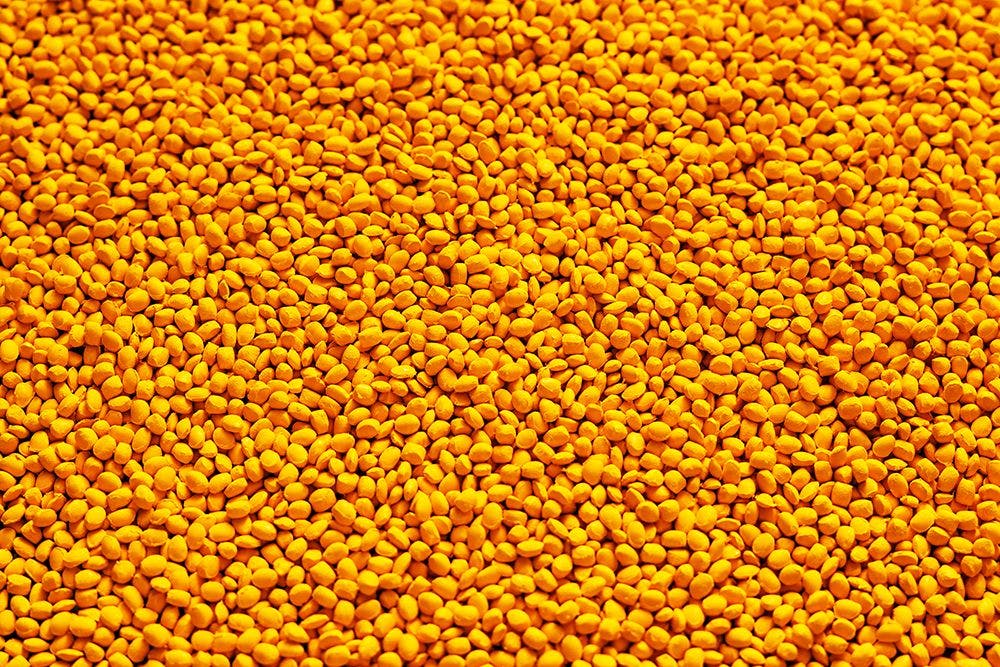Shimadzu’s Danish Expansion
Shimadzu Corporation have opened a new branch in Greater Copenhagen, the country’s economic and scientific heartland.
Courtesy of Shimadzu Corporation

Shimadzu Corporation have opened a new branch in Greater Copenhagen, the country’s economic and scientific heartland, so that the company can directly provide support to its customers. The 350 square metres facility offers Shimadzu’s full range of analytical instrument solutions covering chromatography, mass spectrometry, spectroscopy, TOC (sum parameter), life sciences, and testing machines solutions, targeting analytical applications in manufacturing and consumer goods industries, the health and environmental sectors.
“We have chosen this location for our office as it connects in two directions”, explained Morten Thorslund, Sales and Service Manager of the Shimadzu Denmark Branch. “There is the Greater Copenhagen region as the country’s economic and scientific heartland, well-known for its chemical and pharmaceutical industries as well as the metal-processing sectors. And there are several regional centres all over Denmark, where a lot of food, industrial, universities, and other customers are placed. From this location, we can reach approximately 75% of our customers in a matter of minutes, and the rest within a few hours car ride.”
For more information please visit: www.shimadzu.eu/shimadzu-goes-danmark

A Matrix-Matched Semiquantification Method for PFAS in AFFF-Contaminated Soil
Published: April 14th 2025 | Updated: April 14th 2025Catharina Capitain and Melanie Schüßler from the Faculty of Geosciences at the University of Tübingen, Tübingen, Germany describe a novel approach using matrix-matched semiquantification to investigate per- and polyfluoroalkyl substances (PFAS) in contaminated soil.
Silvia Radenkovic on Building Connections in the Scientific Community
April 11th 2025In the second part of our conversation with Silvia Radenkovic, she shares insights into her involvement in scientific organizations and offers advice for young scientists looking to engage more in scientific organizations.














